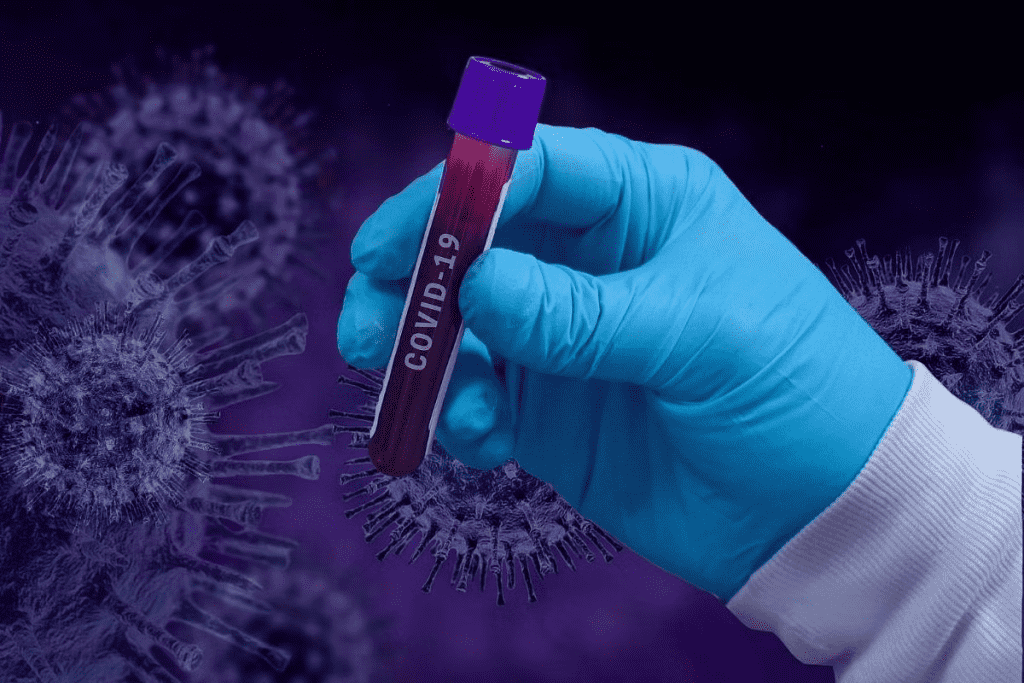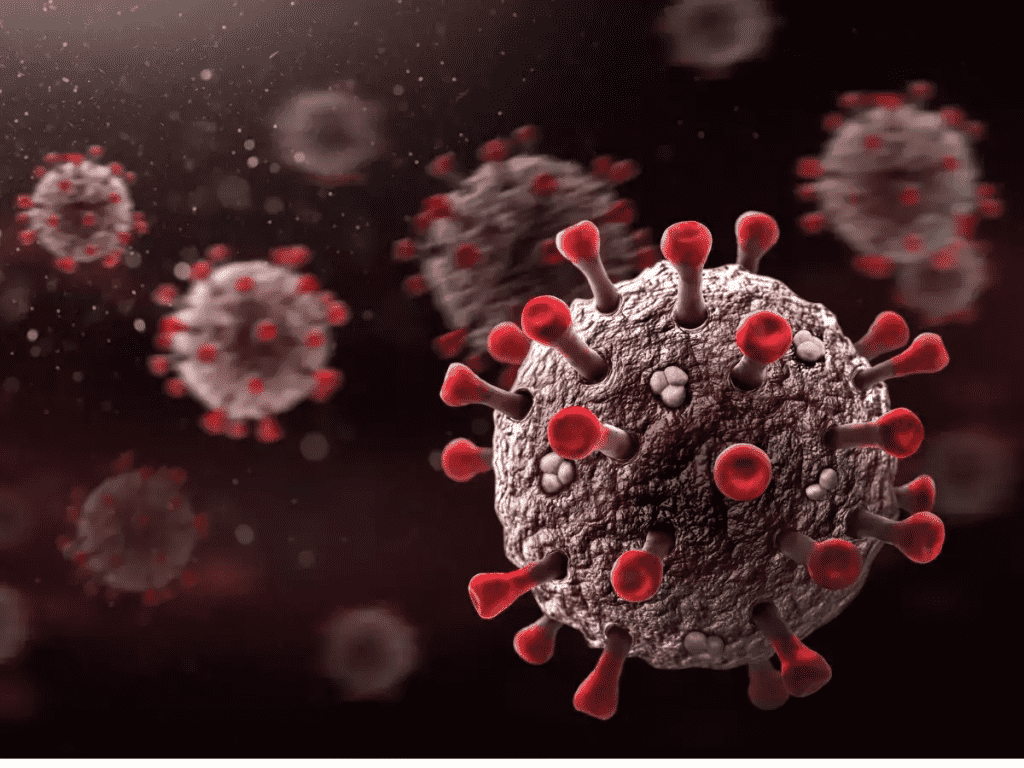Researchers at Boston University have stated that they have discovered a COVID-19 variant that inflicts severe disease and has an 80 percent mortality rate. On the other hand, the dominant ones worldwide, such as the sub-variants of Omicron, are believed to be mild regarding their severity.
According to the study, the researchers took the spike protein from Omicron and genetically modified it into the strain of COVID-19, which was initially found in China’s Wuhan, and tested it on mice.

“In…mice, while Omicron causes mild, non-fatal infection, the Omicron S-carrying virus inflicts severe disease with an 80% fatality rate,” the researchers wrote in their paper.
The researchers discovered that although the new man-made COVID strain killed 80% of the mice, a milder Omicron variation killed none.

According to researchers at Boston University, the new strain contains five times more infectious virus particles than the Omicron. As a result, many people assume that the initial Covid-19 virus was likewise a laboratory accident.
Many people claimed that the coronavirus pandemic was started at the Wuhan Institute of Virology.
“This should be totally prohibited; it’s playing with fire,” said Professor Shmuel Shapira, a top scientist in the Israeli government, according to the Daily Mail.

“If we are to avoid a next lab-generated pandemic, it is essential that oversight of improved potential pandemic pathogen research be strengthened,” stated Dr Richard Ebright of Rutgers University in New Brunswick.
“The government says law-abiding citizens can’t have a rifle or shotgun. They’re just too dangerous. Meanwhile, they’re literally engineering deadly viruses,” said Ezra Levant, a journalist.

The National Institutes of Health (NIH), which has been significantly involved in the US response to the pandemic, backed the study, making it a controversial matter. Many have argued that the study was unsafe, if not illegal and that the researchers did not have permission from the NIH to carry it out.
However, a Boston University spokesperson said, “This research mirrors and reinforces the findings of other, similar research performed by other organizations. Ultimately, this research will benefit the public by leading to better, targeted therapeutic interventions to help fight against future pandemics.”


